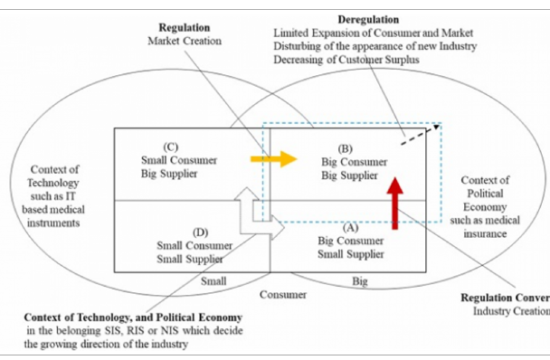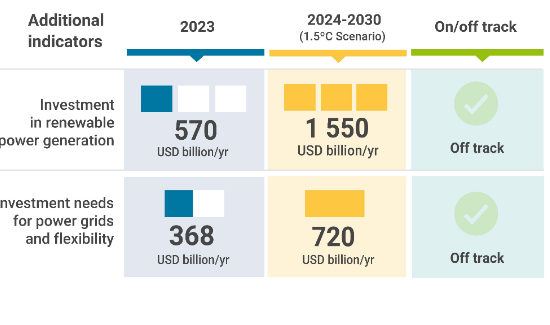
As countries around the world go into lockdown in response to the Coronavirus pandemic, businesses and individuals face the possibility of financial ruin. Expats in the UAE are no exception.
The UAE has imposed severe restrictions on movement inside the country, grounding flights, sealing the border, and has ordered almost everyone in the country to stay at home. For the expat community in the Emirates, roughly 80% of the country’s 9.4 million population, that means their incomes have ground to a halt.
“Even in the best of times, life in the UAE can be extremely expensive,” comments Radha Stirling, CEO of Detained in Dubai and Due Process International, “Most expats depend on credit cards and personal loans to comfortably survive in Dubai; and businesses rely heavily on lines of credit when dealing with suppliers. In the absence of revenues or salaries, it will be simply impossible for families or companies to weather this crisis without incurring enormous debt; and debt can be extremely dangerous in the UAE.”
The Emirates federal government has announced a significant stimulus package to support those individuals and businesses adversely impacted by the Covid-19 outbreak, including a one month deferral for payments on personal loans, including mortgage loans, and up to 3 months for retail loans. The nation’s banks have also signalled that they will be flexible about negotiating new instalment plans for large sum borrowers.
But Stirling warns such measures are a double-edged sword for expats. “No one knows how long this lockdown may last. Even if these measures are not merely a PR stunt (which they may well be), deferrals are not waivers, and by the end of this crisis expats who have been without income for several weeks or months will find themselves faced with compounded bills and no money to pay them. Expats who are looking optimistically forward to an understanding lender to renegotiate their payment plans, and who are kicking the can down the road on credit, are very likely to fall off a debt cliff when this is all over.”
Stirling cautions that UAE banks have a history of ruthlessness when it comes to debts, particularly in times of economic crisis. “After the Global Financial Crisis of 2008-2009, we saw local banks abruptly demand full payment on long term loans, sudden property foreclosures, and seizures of businesses, almost all of which were accompanied by criminal cases that resulted in the wrongful imprisonment of expats at unprecedented levels. It is inevitable that the UAE, over the coming weeks and months, will experience a tremendous number of bounced cheques and loan defaults as a result of the lockdown measures, and these will be treated as criminal fraud and breach of trust by banks in the Emirates. Any expats unlucky enough to still be in the country will face arrest and incarceration, and anyone who has been able to return to their home countries will likely be sentenced in absentia and have their name listed on Interpol.”
Stirling notes that UAE banks have actually intensified their harassment of debtors who have already left the country. “As local banks have been forced by the government to offer limited concessions to debtors inside the UAE, they have nevertheless increased their bullying tactics against debtors who returned home before the crisis, despite the fact that most of these people are also enduring country-wide lockdownsand total loss of income. We have had a major increase in the number of people contacting our office who are suffering incessant abuse by UAE banks, threatening them with Interpol Red Notices, harassing their family and employers, and trying to extort impossibly high payments from them, even as they are on forced unpaid leave due to the lockdowns.”
UAE banks have recommended borrowers to contact lending agents to seek restructuring of their loan agreements, and Stirling says that is a good idea, but that expats need to take extra precautions. “Communicating with the banks is beneficial, even if they are inflexible, just because it provides evidence against any claim of intention to defraud the lender; but we strongly recommend for people to enlist the help of a professional debt negotiator to avoid what would otherwise be an inevitable escalation by the banks to filing a criminal complaint.
The bulk of cases our organisation deals with are financial disputes such as these, so we can see a major storm coming on the horizon for expats in Dubai. Deferrals and reduced interest on loans do not substitute for lost income; the appearance of relief for people and businesses may lull expats into a false sense of security, but by this Summer, the reality of compound debt will make many wish they had escaped and sought help when the crisis first hit.”








